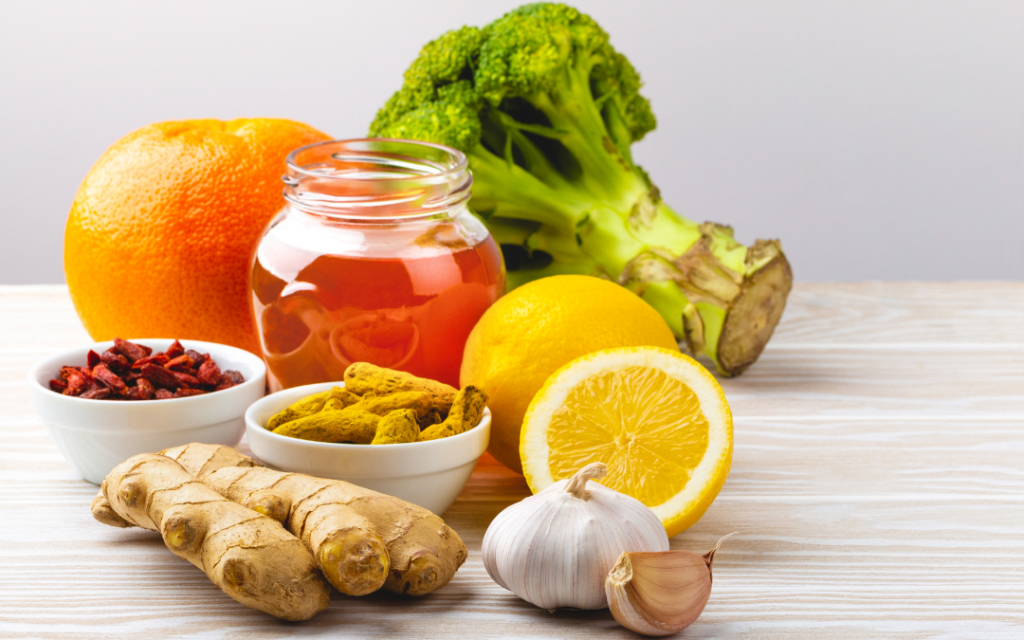The Natural Approach To Female Fertility
Research shows that following a good female fertility diet can improve your chances of conceiving
- Eat plenty of fruits and veg and snack on nuts daily
- Eat more fish and vegetarian meals and less meat and processed foods
- Take a good fertility multivitamin and mineral supplement
If you are finding it difficult to get pregnant, it can be a confusing and worrying time. There are lots of possible causes so here we outline first steps right through to improving your chances during IVF.
Diagnosis With Female Fertility
As you go through the fertility process, you may find it is difficult to get an exact diagnosis. There also might be more than one thing going on for you and your partner. Approximately 30% of couples are described as having unexplained infertility which can be difficult to understand. We now know that many of these have more complex issues such as immune-related infertility so it is important to discuss all options and testing and get a second opinion if necessary.
The first step we recommend is to get routine blood tests done. If you are 35 or younger, it is recommended that you get initial tests done after one year of trying to conceive, or if you are over 36, you should not wait longer than 6 months. You would want to have hormonal blood tests including thyroid function tests. Your thyroid plays a critical role in your hormonal balance and ability to get pregnant.
We also recommend getting an ultrasound on the ovaries and uterine cavity. This can help diagnose PCOS or other structural issues that might make it more difficult to get pregnant. It is best to know about this early on in the process instead of finding out later after more months of trying.
Improving Egg Quality
The egg needs to be strong and healthy to be able to develop into an embryo and proceed to implantation in the womb. It is thought that many more conceptions take place than proceed to pregnancy, as the early embryo can decline and stop developing if egg quality is poor. This is usually unknown to us, except during an IVF procedure where the developing embryo is carefully watched during its first few days. If the embryo declines after a couple of days in culture in the lab, it is possible you will be told that egg quality is an issue for you.
In certain conditions, it is more likely that egg quality is a concern. In PCOS, often too many eggs develop each month, potentially reducing quality. Most importantly, egg quality is the only thing we can try to change when age is the likely cause of fertility issues. As you age, the number of available eggs for ovulation is limited. Ensuring that egg quality is as good as possible is an important factor that we can improve upon.
It is also worth noting that sperm quality is critical here also. Most sperm will arrive at the egg for conception with a certain degree of damage after an arduous journey. The egg needs to be strong enough to be able to fix some of these sperm problems itself. This is really a remarkable capacity of the egg. However, if egg quality is already a concern, making sure the sperm is as healthy as possible is important – giving the egg an easier job to do.
Can Nutrition Help Female Fertility?
Following a good female fertility diet is beneficial for everyone when they are trying to conceive. A study conducted by the University of Surrey showed that couples with a previous history of infertility who made changes in their lifestyle, diet and took nutritional supplements had an 80 percent success rate. Even if you are going for IVF or another assisted conception procedure, making dietary and lifestyle changes will increase your chances of success.
You should allocate three months where you make changes in your diet, lifestyle and take certain key nutrients in supplement form. This is especially important if you are over the age of 35, have unexplained infertility, had a number of failed IVFs or have experienced recurrent miscarriages.
Three months is the recommended period of time for pre-conception because it takes approximately that long for the follicles on a woman’s ovaries to develop before one is mature enough to release an egg at ovulation.
Women are born with their egg store so although we cannot change your ovarian reserve we can certainly help to change the quality of your eggs and this is the important point. By improving the quality of your eggs, it increases your chances of conceiving naturally and also preventing a miscarriage. If you are going for IVF this will help the eggs to be as healthy as possible so as to give the technique the best chance. With a national average success rate for IVF of just 25 per cent, it is important to do whatever is possible.
With men, it also takes at least three months for a new batch of sperm cells to mature, ready to be ejaculated. Men produce sperm all their lives so it is always possible to improve not only the quality but also the quantity with lifestyle and nutritional changes.
Based on research, we know that a fertility friendly diet is high in vegetables, fruit, nuts and seeds. Fish intake is important, particularly omega-3 rich fish such as wild/ organic salmon, mackerel, sardines, herring and anchovies. Including more pulses and plant-based foods is helpful and reducing red meat, particularly processed meats, is beneficial. A reduction in high fat, high sugar processed foods is recommended.
Nutrients
So as well as eating a healthy diet, supplementation is beneficial to help improve female fertility. It is important to have a good multivitamin and mineral supplement that is designed for fertility. This multi would contain a number of key nutrients that are important for women.
Folic Acid
It is well known that folic acid can prevent spina bifida. Folic acid is undoubtedly important, but it is just part of the very important B-complex family of vitamins that are necessary to produce the genetic materials DNA and RNA.
Zinc and Selenium
These minerals are important antioxidants, they are essential in protecting egg quality and the DNA within. These minerals are found in nuts and seeds and we recommend that you include a daily portion of mixed varieties.
Zinc also plays a significant role in balancing hormones. It is necessary for how we use our reproductive hormones oestrogen and progesterone and is also involved in thyroid hormone production. As the master regulator of hormones, the role of the thyroid is extremely important.
Vitamin C and E
These are very important antioxidants, particularly in women over the age of 35. They work together, as vitamin C is water-soluble and vitamin E is fat-soluble. Egg quality is a major concern as we age and is a critical factor in the success of both natural conception and assisted conception treatments such as IVF. Vitamin C may also assist where clomiphene citrate is being used. Vitamin E can also support a healthy womb lining to develop.
Omega 3 Fatty Acids
The Omega 3 fatty acids have far reaching effects for female fertility. Sometimes immune problems may be affecting a woman’s ability to get and stay pregnant. The theory is that in order for her body to stay pregnant, her immune system has to quieten down because half the baby’s DNA is not hers. Normally if the body detects something foreign it aims to reject it and expel it from the body. For some women, their immune systems do not quieten down and so they can’t get or stay pregnant.
One of the immune antibodies measured is called antiphospholipid antibodies (APAs). These blood-clotting antibodies can prevent implantation and cause recurrent miscarriage by attacking the cells that build the placenta. The medical treatment for this is a blood thinner such as aspirin and heparin. But research has shown that fish oil given to 22 women with APAs who already had 3 or more miscarriages went on to have 23 pregnancies (one woman has twins) without a miscarriage.
Vitamin D
Vitamin D helps to balance the immune system which as we have seen is important in getting and staying pregnant. Vitamin D, like the omega 3 fatty acids, decreases the Th1 autoimmune response but it also helps to promote the Th2 cells which the woman’s body needs to maintain a pregnancy. It has been reported that by deliberately making mice deficient in vitamin D they can actually become infertile.
Tests For Female Fertility
A Fertility Hormone Test MGL6 (blood) can identify hormonal imbalances which might be affecting your fertility. This test will also measure your thyroid function which is important for fertility and also your level of AMH to check for ovarian reserve (your egg store).
Do you want to know more about exactly what vitamins and minerals you need that are important for fertility? Our Nutritional Profile MGL4 (blood) can help you to find out exactly what you are deficient in so that any deficiencies or imbalances can be corrected in order to improve your chances of conceiving.
Where To Start?
Make sure you are eating well and it is important to know which vitamins and minerals you should be taking to improve fertility. If you would like personalised advice on what to do next, then book a consultation with one of our highly experienced nutritionists.

